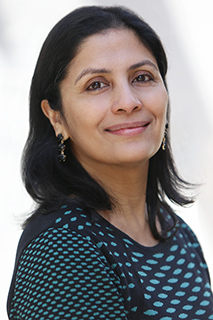
Name: Cheryl Lobo, PhD
Job Title and Institution Name:
Head, Laboratory of Blood-Borne Parasites, New York Blood Center
Description of lab research area/focus:
The Laboratory of Blood-Borne Parasites studies the mechanisms of invasion, intracellular development, multiplication and egress in three intra-erythrocytic parasites- Plasmodium falciparum (malaria), Babesia divergens and Babesia microti (human babesiosis), using in vitro culture systems and rodent models of disease. Our interest focuses on host RBC receptors and parasite ligands and changes mediated by the parasite to the RBC, with the eventual goal of developing viable interventions to detect and halt transmission of these pathogens via blood transfusions.
Can you provide an overview of your role and responsibilities with the Young Scientist Foundation?
As head of Blood-Borne Parasites Lab, I select the students who work in my laboratory in a given period. There are restrictions because of lab space limitations and number of scientists available to mentor the students.
After original introduction, I help students select a research area to focus on and guide them in their training to a final project selection. I ensure that each student receives mentorship from my whole research group as I think every member of my lab has a unique contribution to make in educating young minds. While one lab member may teach the student how to do literature searches, another can focus on showing lab techniques and microscopy, or analyzing results and making presentations. I keep a close eye on the overall training progress and make sure to spend time with the student every few days.
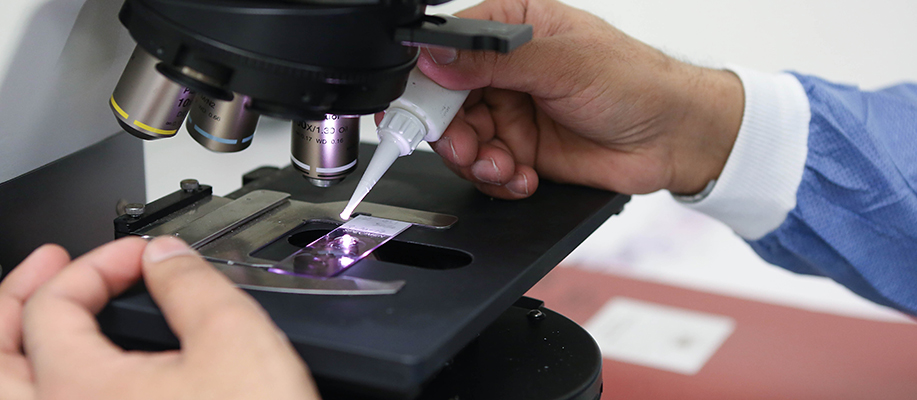
How long have you been mentoring students?
I have been serving as a mentor for almost 20 years.
In your opinion, what does it take to be a good mentor?
Mentoring takes a lot of patience. A mentor should also know how to get into the minds of students and get them excited about the possibilities of today’s biology.
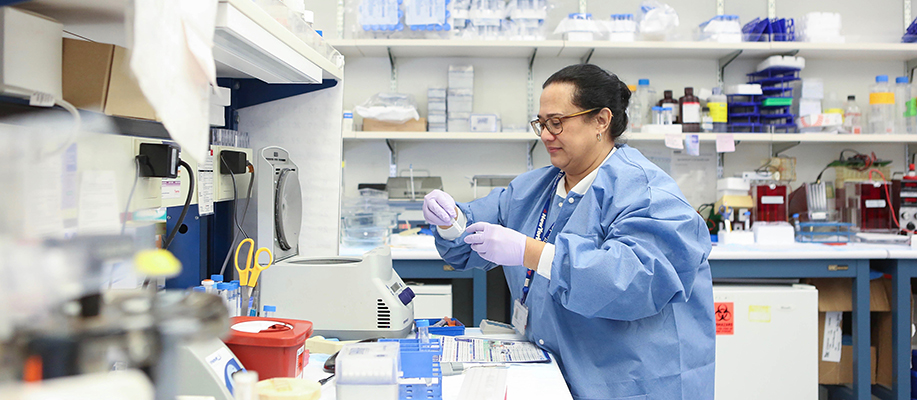
What opportunities does YSF program give students that other student training programs do not provide?
YSF is critical in placing motivated students in a supportive scientific environment that allows them to spend unrestricted 8-10 weeks in satisfying their scientific curiosity. YSF students are encouraged to think outside the box, come up with innovative projects and are given all the help and resources they need to succeed. In addition, the stipend that YSF provides helps students feel motivated and accountable for personal progress.
What is the key to making the best use of this training program for a student?
An open and curious mind, regular and on-time attendance as well as good work ethic go a long way. In addition, maintaining good records and continuous literature review are essential.
What is the key to making the best use of this training program for a student?
An open and curious mind, regular and on-time attendance as well as good work ethic go a long way. In addition, maintaining good records and continuous literature review are essential.
What are you focused on first and foremost when you are mentoring students?
My major goal is to get students excited about the research topic. If this is done successfully, students are motivated to read up on the subject matter and become fully invested in the research project.
How do you advance a student’s mind from following the steps of a protocol to being able to develop novel ideas?
I believe following instruction and generating new ideas are two separate but related research skills. Following outlined protocols and achieving desired experimental results are essential until a student feels comfortable in the lab. At this point, the student is concentrated on learning the basics and does not yet know or appreciate the possibilities of using scientific tools to answer seminal research questions. By emphasizing the importance and relevance of this work, I assist the student in slowly developing independent and novel ideas. Occasionally, students who join the lab are already trained in non-related fields (i.e. computer programming), and can apply the principles of these disciplines to address our research questions and develop novel ideas further.
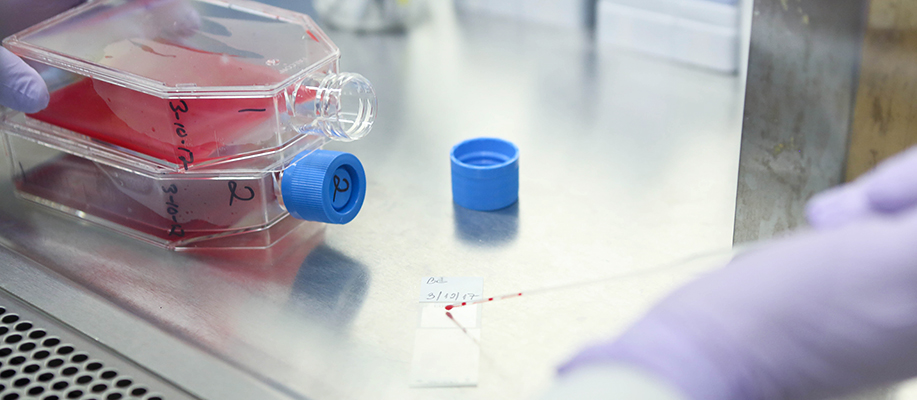
How do you handle a situation in which a student is having trouble with an experiment?
I teach students multiple ways of arriving at answers to a research question. Through the training process, I introduce different techniques, expression systems, and tools to rely on.
As a mentor, sometimes you also have to communicate to the student that not every question will have an answer right away, and he or she may have to wait until a new technique is developed. Often times the solution comes our way unexpectedly from a different project, and can become applicable to the research question at hand.
How does participating in YSF program help students pursue careers in medicine or biomedical research in the future?
The earlier students get their feet wet in the lab, the earlier their passion for research ignites. Even in the best high schools, students are limited to textbook learning and very few get the opportunity to practice the theory they learn in class. The experience of carrying out a research project from start to finish while interacting with talented scientists serves as a powerful trigger for many students to embark on biomedical careers.
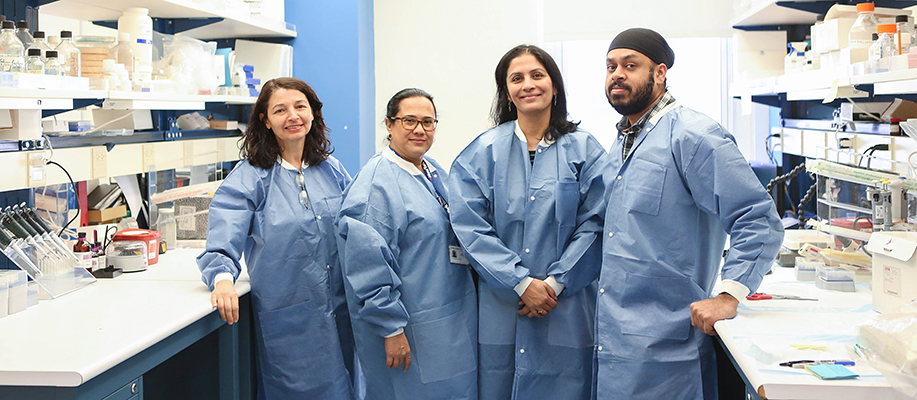
As an established researcher, why is it still important for you to serve as a mentor for high school students?
High school students are the right target population for research mentoring. They are at that point in their life when they are making critical choices relating to their future career paths. A good mentor can serve as a valuable aid in guiding these bright minds towards a creative and fulfilling career in biomedical research. I myself was fortunate to have received excellent mentoring and training throughout my school and college life. I am happy to pay back!
